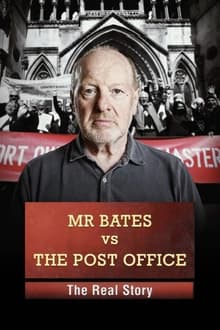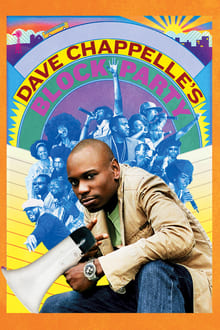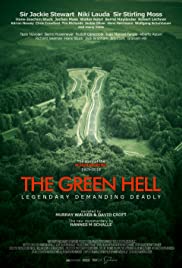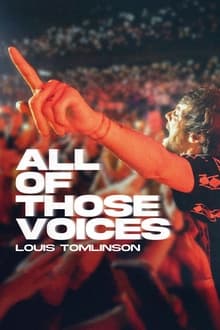
More of a film essay – of the type pioneered by Orson Welles and Chris Marker – than a standard documentary, German filmmaker Lutz Dammbeck’s The Net: The Unabomber, the LSD and the Internet begins with the typical format and structure of a nonfiction film, and a single subject (the life and times of mail bomber Ted Kaczynski). From that thematic springboard, Dammbeck branches out omnidirectionally, segueing into a series of thematic riffs and variants on such marginally-related subjects as: the history of cyberspace, terrorism, utopian ideals, LSD, the Central Intelligence Agency, and Cuckoo’s Nest author Ken Kesey and his Merry Pranksters.
You May Also Like

On June 24, 2021, only 3 weeks his assassination, Peter R. de Vries was interviewed for a podcast by Kees van der Spek. It became a conversation between two friends who look back on the adventures they’ve experienced. Little did the two know that this would be their last time together, and that this would be Peter’s last interview.

An original documentary which follows three families in a small seaside town in Massachusetts as they prepare for their annual home made haunted houses. This story highlights their long journey from planning to opening day and cleanup until next year and the obstacles which face them during the process.

When Post Office subpostmasters up and down the country started to experience big shortfalls in their accounts, Post Office assumed they were stealing the money and prosecuted them. Hundred were given criminal convictions and many were sent to prison. Lives, marriages, reputations – all ruined. The shortfalls were in fact, a result of errors in the Post Office’s own IT system, known as Horizon. It was something the Post Office had always denied. For over twenty years, former subpostmaster Alan Bates has fought tirelessly for justice for all the subpostmasters who were so poorly treated by the brand they had loved. This is his story.

The American comedian/actor delivers a story about the alternative Hip Hop scene. A small town Ohio man’s moves to Brooklyn, New York, to throw an unprecedented block party.

Anti-Nowhere League: We Are The League tells the full uncensored story of how a biker, a skinhead, a grammar school boy and a Persian exile came together, with no musical talent or ambitions and even less respect for anything or anyone, to burst onto the UK charts with their debut single. Even when judged by the often confrontational standards of U.K. punk, the Anti-Nowhere League were a band committed to offending people. Looking less like a group of bohemian rebels than an especially unsavory biker gang eager to stomp someone, the Anti-Nowhere League made an immediate impact when they burst onto the British rock scene in 1980. They were heroes to hard-boiled U.K. punks, and to nearly everyone else they were an affront to all decency – which, of course, made the punks love them all the more.

At the epicenter of the 1990s ecstasy drug trade in Arizona sits an unusual rivalry. English stockbroker Shaun Attwood faces off against Gerard Gravano, the son of notorious New York mobster and hitman Salvatore “Sammy the Bull” Gravano.

TGH is the story of the world’s most legendary, demanding and deadly racetrack – the Nürburg Ring.

Ditching the typical glossy sheen of celebrity documentaries, this film gives audiences an intimate and unvarnished view of Louis Tomlinson’s life and career. Through never-before-seen home movie footage and behind the scenes access to Louis’ sell-out 2022 World Tour, the documentary offers a unique perspective on what it’s like to be a musician in today’s fast-paced world.

The story of brothers Jimmie and Stevie Ray Vaughan. Jimmie and Stevie went from a small, post-war house in Oak Cliff, Texas to becoming rock and roll legends, selling millions of records and playing alongside the likes of David Bowie, Jimi Hendrix, Eric Clapton, Jackson Browne, Carlos Santana and more.

We follow leading experts on a quest to unlock the mysteries surrounding the tomb of Christ, using the latest scientific techniques to restore the Aedicula housing the tomb.

Putting food security to the test in Yukon, the filmmaker bans all store-bought groceries from her house in a year-long adventure in farming, fishing and foraging complicated by three skeptical teenagers, no caffeine and -40° temperatures.

A film directed by Ledare during a three-day conference that he organized in Chicago that was structured according to the Tavistock method—a project that involved recruiting 30 participants, securing the collaboration of 10 psychologists trained in the method, and directing a film crew. Complex patterns of stereotyping and other projections of identity emerge through the participants’ discussions; authority is questioned, assumed, and taken away; and viewers are implicated as the participants become aware of subjective forces that exist beyond the imposed boundaries of the conference system.